Turtle Way is Write into the Light’s online literary art journal featuring poetry, prose, and art from people with mental illness and those who love them.
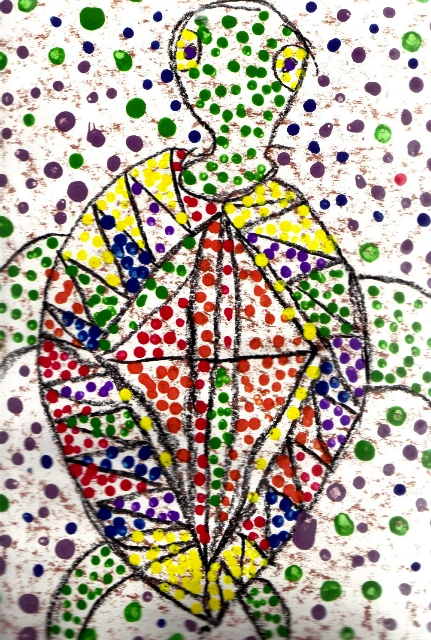
Turtle Way is Write into the Light’s online literary art journal featuring poetry, prose, and art from people with mental illness and those who love them.

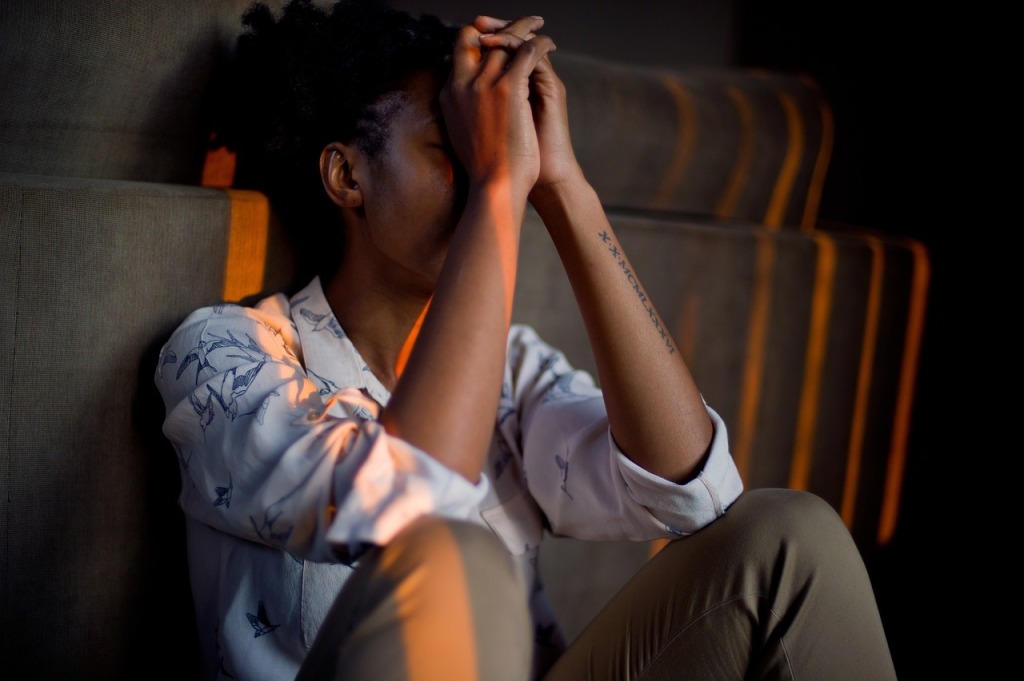
When I am depressed the world turns gray. I feel lethargic, weighed down, and numb. I spend a lot of time laying in bed, awake sometimes, but mostly sleeping. I like the curtains drawn. I lose interest in all things that used to bring me joy such as being with family and friends, engaging in my hobbies, and taking care of myself by showering and eating. When I have no appetite I am definitely depressed.
For me, being depressed is a type of torture that is hard to explain. It’s having no joy or interest in life which creates a kind of boredom and hopelessness deep in my heart all the while being stuck in this extremely slow passage of time where a minute feels like a day and I just don’t know how I am going to get through so many of them.
What does it feel like when you’re in a depressive episode ?

I have bipolar type 2 disorder, so as opposed to becoming manic I experience something called hypomania. How I feel during a hypomanic episode can vary, but most often I feel driven to accomplish many creative tasks at one time. I will write, paint, do photography, and even rearrange the furniture in the house when I am hypomanic, sometimes all in the same day.
I tend to require less sleep during a hypomanic episode. I also feel agitated, irritable, and impatient during this time. My temper is shorter and I seem to have more conflicts with others than normal.
Some people enjoy their hypomania because they feel energized and creative. I do not enjoy the heavy push to accomplish things and the irritability towards other people and the world in general. For me, hypomania is just as uncomfortable and distressing as depression only in different ways.
How do you feel during a manic episode?
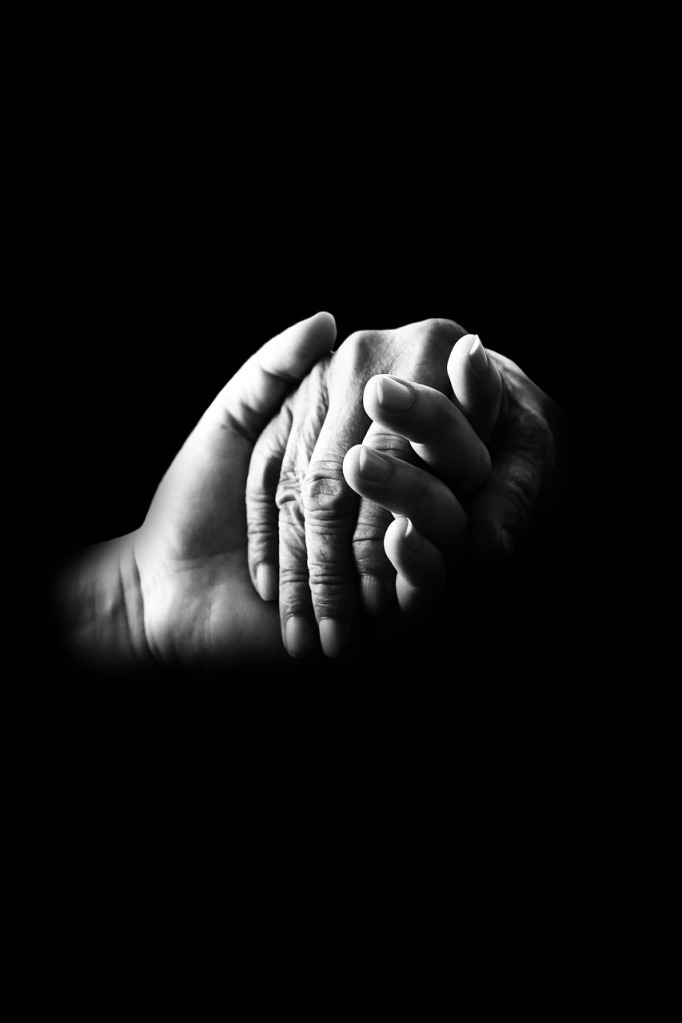
The times I feel most understood in terms of my bipolar disorder are when I read #bipolarclub posts on Twitter. I don’t think people can really understand what it is like to have bipolar disorder unless they have it themselves. When people talk about their symptoms and their struggles with bipolar disorder, I feel so understood and less alone in my own issues in dealing with it.
I also have a sibling who has bipolar disorder and she and I have had many good chuckles over how similar we are in our reactions to life in light of our bipolar disorder. It’s important to connect with other people who are going through the same symptoms as you are, so that you don’t feel like you’re the only one experiencing them. For me, connecting with others who have bipolar disorder makes me feel like I’m a part of something valid and that I’m not just “crazy.”
When do you feel most understood in terms of your bipolar disorder? Tell me about it in the comments. Also, follow me on Twitter.
Check it out! Art, poetry, photography…all in support of those with mental illness.
https://turtleway.wordpress.com

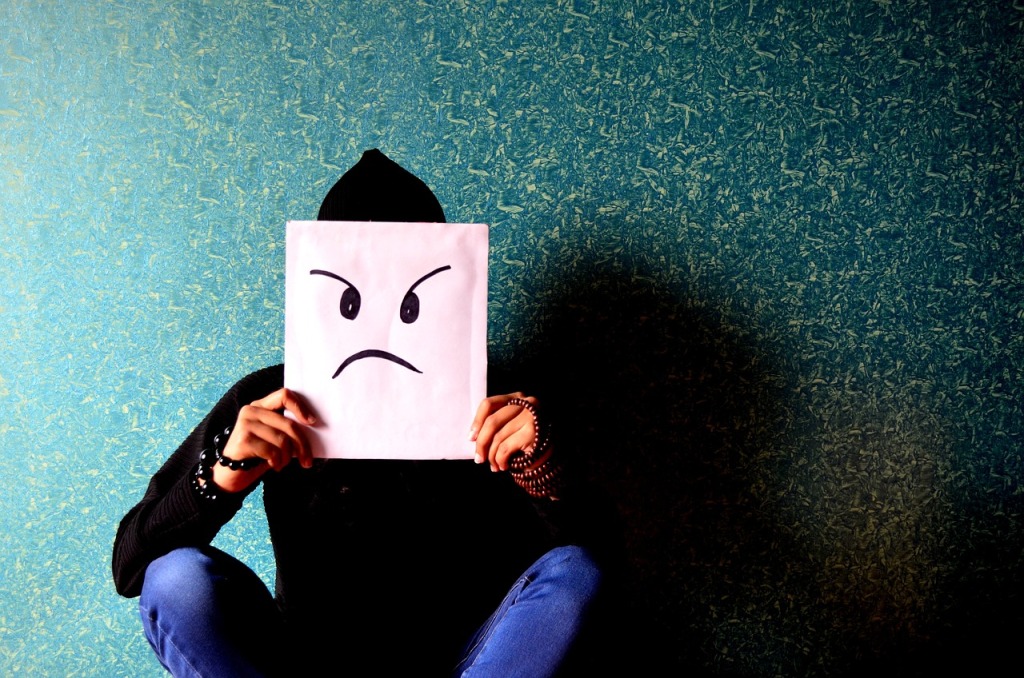
Everyone gets irritated at times especially if they are hungry or tired. People with bipolar disorder are often more sensitive to fluctuations in their internal and external environment and can become more agitated, anxious, sad, or angry than the situation would warrant for those without bipolar disorder. Examples of these fluctuations include:
What are some of your triggers and how do you deal with them?
Turtle Way is Write into the Light’s online literary art journal featuring poetry, prose, and art from people with mental illness and those who love them.


Everyone has the potential to grieve losses in their life. Those with bipolar disorder don’t have a right to say they grieve more than others. However, they are at risk for extreme mood episodes as a result of a significant loss in their life, making their grief dangerous and potentially life threatening.
The loss doesn’t have to be a death. It can be a job, a relationship, or a tragedy without death like a severe illness or injury. It doesn’t have to involve someone who is personally known but can be related to a collective loss or tragedy of a famous person or someone in their community.
When a person with bipolar disorder experiences a loss, at a minimum, daily tasks may fall by the wayside. Worst case scenario the person becomes completely immobilized, ignores their most basic tasks such as hygiene and nutrition and starts having thoughts of harming him or herself.
What are some other ways you can or have coped with loss in your life?
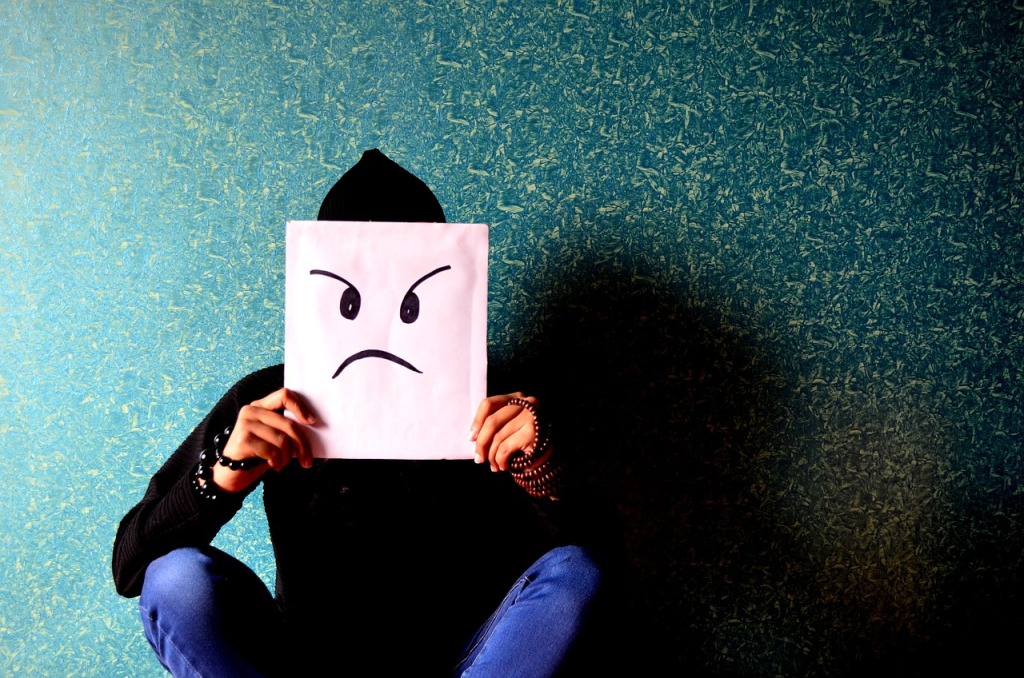
Everyone has bad days, but when yours start to negatively affect your relationships it may be a sign of bipolar disorder. I can be irritated for no apparent reason for days at a time and this is often a symptom of mixed mania for me where I am hypomanic and depressed at the same time. My baseline is low depression so when I get a burst of creativity or energy that I have trouble acting on I get irritable quickly.
If this happens to you, learning mindfulness and anger management techniques might be helpful. It also might be a good idea to discuss it with your doctor.

Nine months ago I posted an article on Dialectic Behavior Therapy (DBT) and I ended it with “More to come…” Well, more never came. I had started reading a DBT workbook around this time and joining in on a weekly DBT Twitter space as well, which is what inspired me to write about the topic. I quickly got bored with the book and as a result also lost interest in the space on Twitter and didn’t give the article or topic a second thought.
Having grandiose ideas and abandoning them before they are finished is a common symptom in people with bipolar disorder.
“Having a house full of half-completed projects is a hallmark of bipolar disorder. People who can harness their energy when they are in a hypomanic phase can be really productive. Those who can’t often go from task to task, planning grand, unrealistic projects that are never finished before moving on to something else.
“They can be quite distractible and may start a million things and never finish them,” says Dr. Don Malone, the director of the Center for Behavioral Health and chair of the Department of Psychiatry at Cleveland Clinic, in Ohio.” https://www.cbsnews.com/pictures/bipolar-disorder-10-subtle-signs/
Do you experience this problem? I always have plans to post a blog every week and my last one was seven months ago so you can see how well it works out for me.